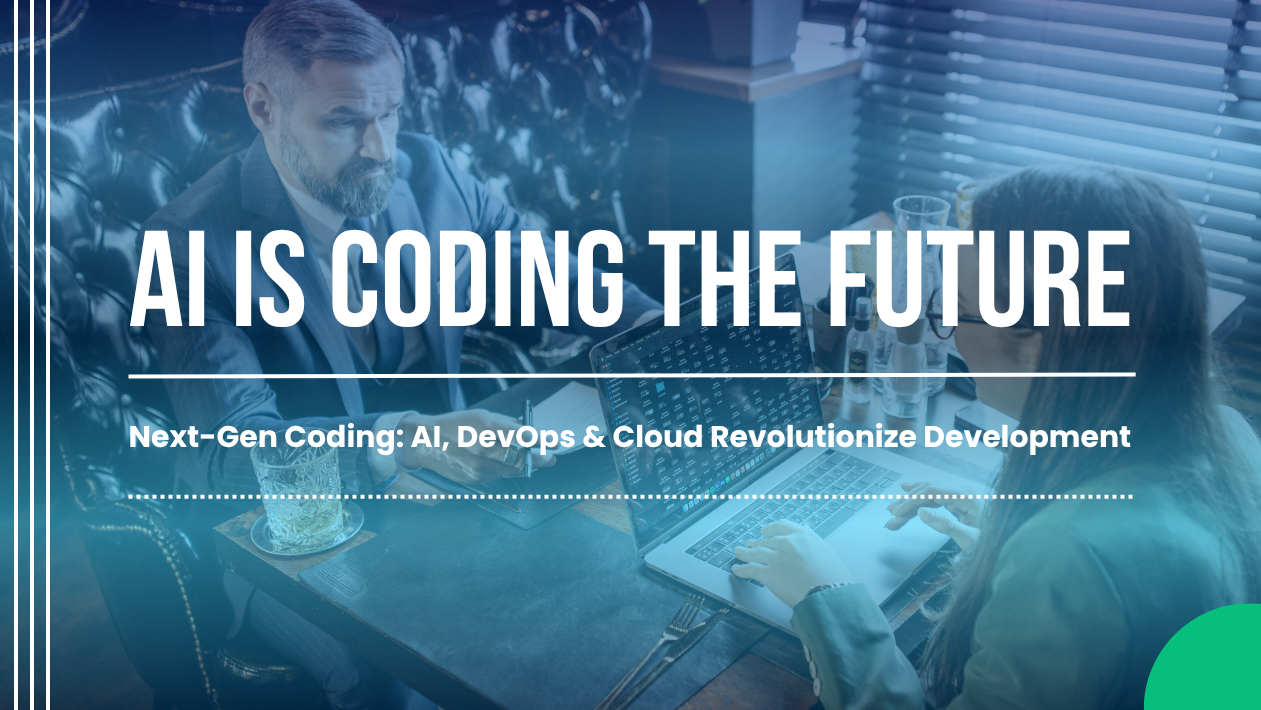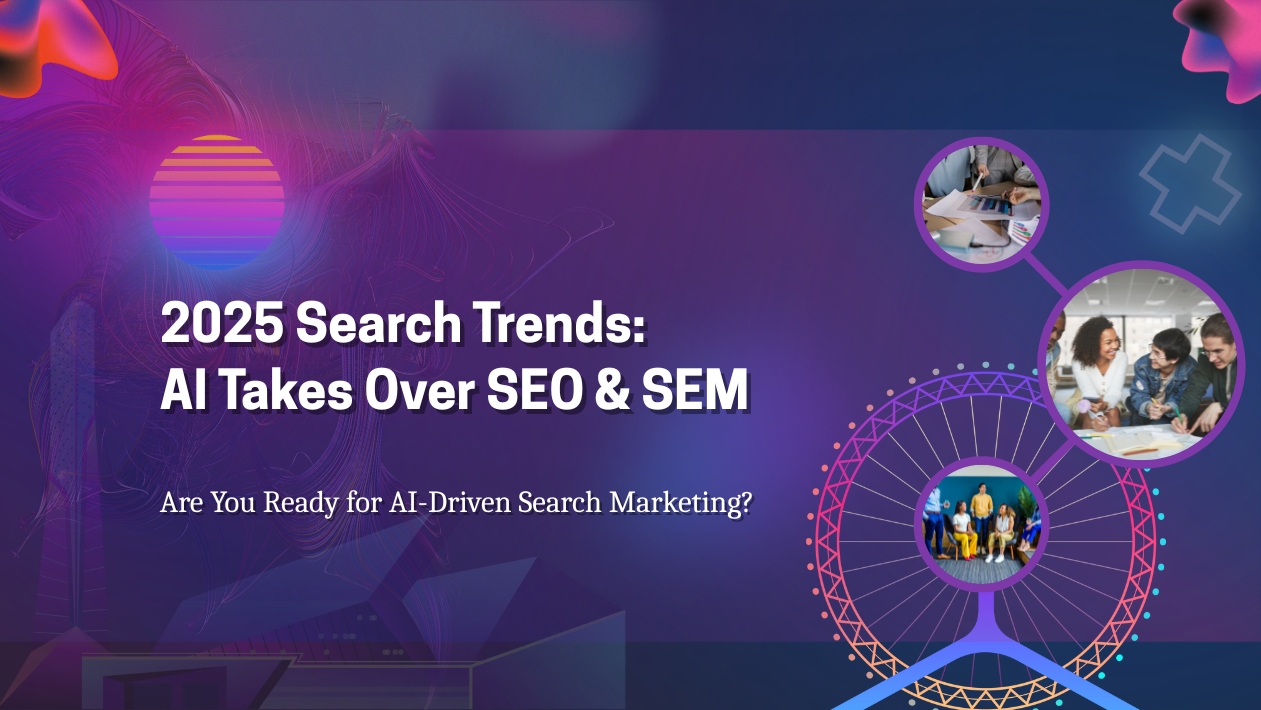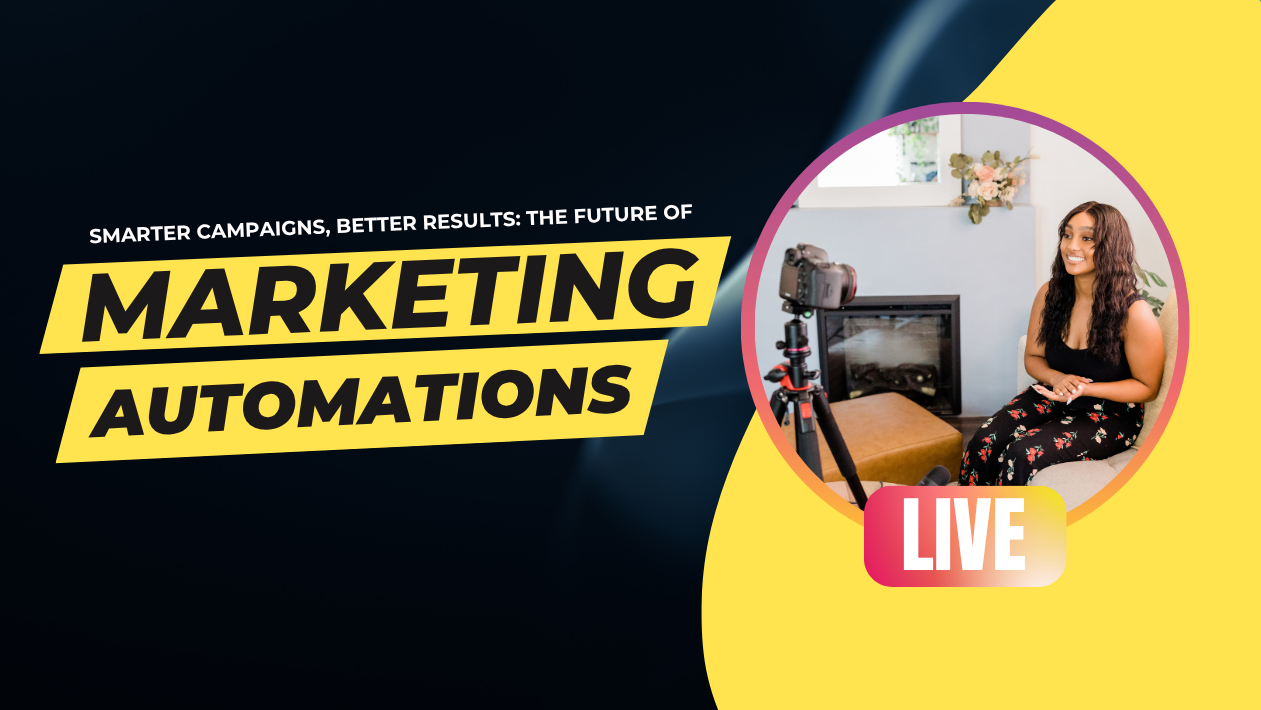The worlds of Search Engine Optimization (SEO) and Search Engine Marketing (SEM) are undergoing a massive transformation in 2025. With the rise of AI-generated content, voice and visual search, and automated ad bidding, businesses are rethinking how they rank, reach, and convert users online.
According to a new report from SEMrush, 84% of digital marketers have updated their SEO and SEM strategies in the past year to adapt to AI-driven algorithms and privacy-first search behavior.
AI Changes the Game for Content and Search Ranking
Search engines in 2025, including Google, Bing, and You.com, now rely heavily on semantic search and AI evaluation of content quality. Google’s Gemini algorithm update, launched earlier this year, focuses on contextual understanding, EEAT signals (Experience, Expertise, Authoritativeness, Trust), and user intent.
Marketers are now using AI-assisted tools like ChatGPT, Jasper, and Surfer SEO to generate content that aligns with search intent while maintaining originality and factual accuracy.
Voice & Visual Search Optimization Takes Priority
With the widespread adoption of smart assistants, AR devices, and visual shopping, voice and image search now account for nearly 40% of all searches. Optimizing content for natural language queries, image metadata, and local search phrases has become essential.
“People now search how they speak and see—not just how they type,” says Anil Mehta, Head of Search Strategy at a digital agency. “SEO must adapt to human behavior, not just keywords.”
SEM Gets Smarter with AI-Powered Automation
On the SEM front, automated bidding, AI-generated ad copy, and predictive audience targeting are making campaigns more efficient and data-driven. Platforms like Google Ads, Microsoft Advertising, and Meta Advantage+ use machine learning to optimize ad performance in real time.
Smart segmentation tools can now detect buying intent and dynamically serve hyper-personalized ads across Google, YouTube, and partner networks.
First-Party Data and Privacy-Driven Strategies Are Key
With cookies disappearing and privacy regulations tightening, marketers are shifting to first-party data strategies, including email capture, preference centers, and conversion APIs. This ensures ad personalization while respecting user consent and compliance.
SEO & SEM Integration Delivers Greater ROI
Instead of siloing strategies, brands are combining SEO and SEM efforts to drive full-funnel performance. For instance, keyword data from PPC campaigns is now informing organic content strategies, while SEO insights help reduce ad spend inefficiencies.





